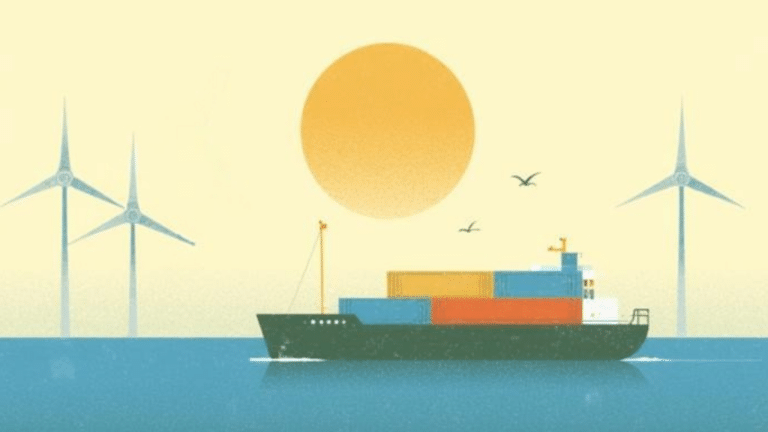Reflections from Munich 2026
I’m en route home after a week in Europe—first at the Oslo Energy Forum and then at the Munich Security Conference. Munich generated considerable news and drama, but...
Current Access Level “I” – ID Only: CUID holders, alumni, and approved guests only
Past Event
September 26, 2024
4:30 pm - 6:00 pm edt

The Center on Global Energy Policy at Columbia SIPA is hosting a series of energy and climate-focused events during Climate Week NYC from September 22-29, 2024. These events will bring together policymakers, industry leaders, scholars, and students to discuss innovative solutions, share research, and promote policies for a sustainable and equitable energy future. Topics include global renewable energy, geopolitical dynamics, critical minerals supply chains, financing, trade, and energy access. Be sure to see all our activities during the week.
Around the world, countries are making transformative investments and deploying innovative trade policies to meet the urgent challenge of climate change. This pivot towards green trade and industrial policies has coincided with a broader reassessment of the purpose and function of global trade norms, rules, and institutions. Resolving the tensions between trade and climate–and seizing the opportunities trade presents in the transition to a low-carbon economy–is essential to developing a comprehensive global strategy to facilitate the shift from fossil fuels to clean energy.
This event will serve as the first public gathering organized by the Trade and Clean Energy Transition Program, a joint program with the Center on Global Energy Policy at Columbia University SIPA, in partnership with Columbia SIPA’s Institute of Global Politics (IGP). Key decision-makers in the trade, climate, and foreign policy communities, as well as industry representatives, will discuss the past, present, and future of climate-aligned trade and industrial policy and its impact in a pivotal election year around the world. The discussions will focus on lessons learned and the path forward for policymakers seeking to build on and foster cooperation around transformative achievements such as the Inflation Reduction Act and the EU’s Carbon Border Adjustment Mechanism.
Key topics will include a world defined by multiple non-identical border carbon adjustments, the treatment of green subsidies, China’s dominance of cleantech supply chains, the effects of a diminished WTO on trade cooperation, and emerging economies’ role in the green transition.
Confirmed speakers include:
https://www.youtube.com/watch?v=j15toAJ2BnE The growth of green industrial policy in major economies is creating friction between climate and trade. If allowed to escalate, these frictions may disrupt climate action and...

https://youtu.be/UP_Zc88AlUI During New York Climate Week, join the Center on Global Energy Policy (CGEP) at Columbia SIPA and the Government of Brazil for conversations with high-level international policymakers...

*Registration is closed for this event. The Center on Global Energy Policy at Columbia University SIPA's Women in Energy initiative, in collaboration with the Columbia Policy Institute, invites...

This Energy Explained post represents the research and views of the author(s). It does not necessarily represent the views of the Center on Global Energy Policy. The piece...

Two trade agreements recently negotiated by the Trump administration contain novel and coercive provisions with little precedent in US trade policy or the global trade system.

In the last six weeks, the Chinese government has made several bold moves related to its trade relations.
